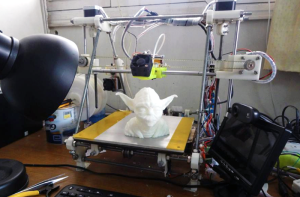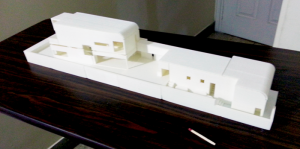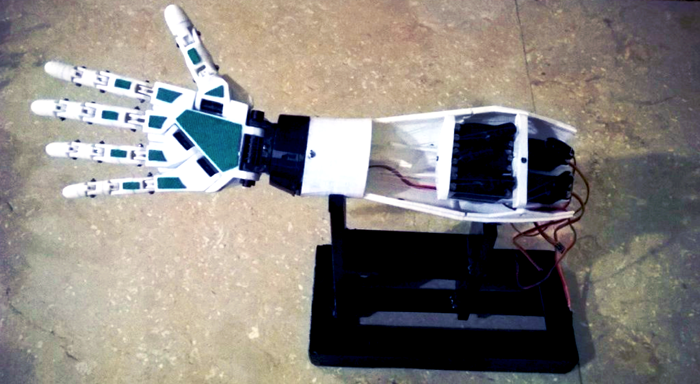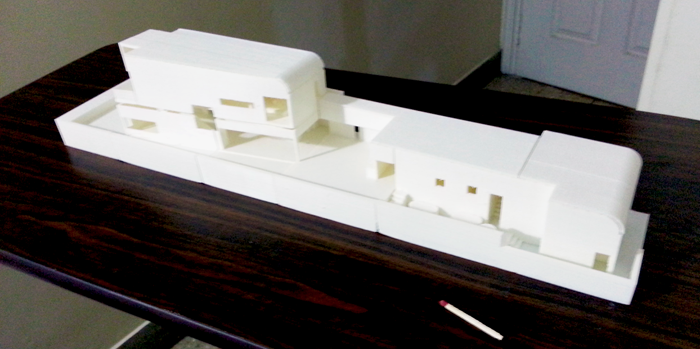Ever since the RepRap revolution began at the end of the last decade, low-cost desktop 3D printing has been changing lives across the world. Due to its open source nature, countless variations of the RepRap 3D printer have been made in every country from Togo to Turkey. The latest iteration of the (partially) self-replicating 3D printer has emerged in Pakistan, from Ali Ahsan, who recently won the Pakistan Innovation Foundation’s NIGC competition with his own RepRap.
Ahsan tells Pakistan Today, that Making is a family tradition, “My father was a ‘maker’. He always enjoyed problem solving wanted to make life easier. We never saw electricians, plumbers, carpenter coming to our house, he use to do everything by himself and fortunately as a kid I always stood beside him carrying tools and watching what he is doing. That’s what made me a mechanical engineer, a little different as I was pre-trained by a full time mentor.”

Ahsan says of the Pakistan Innovation Foundation, “The PIF initiative is very unique, it’s not just a competition it’s a mentorship. What I learned from these workshops and from peers would have never happened if it would have been just a short event as a competition!” The engineer has constructed two RepRap 3D printers, but his goals as a contestant in competition are much grander, telling Pakistan Today, “PIF (and my mentor Mr. Akhtar Hasnain) has actually helped me find a way to build an Eco system of innovation with 3D printing as our prime focus. 3D Printing unlike any new technology requires exposure and training with availability of hardware and software. With a proper Eco system we will make this a common skill all over Pakistan and will be printing like any other developed nation.”
To Ahsan, 3D printers aren’t toys, like his family’s Mindstorm creations, he sees the technology as the most revolutionary inventions since the Internet, saying, “In a decade people would be designing and fabricating products from their very own desktop.” He’s already seen it help local engineering, architecture, and design students, “This year I helped students from engineering universities fabricate their Final Year Project using 3D Printing, we developed a fully functional prosthetic robotic arm. An architectural student also got a chance to present their design ideas in a tangible form and it was a game changer!” Moreover, the engineer believes that 3D printing will transform the Pakistani and global economy, “We’re headed for self-reliance!”
Before that is possible, however, Ahsan has to continue his own research and development, but sometime soon, he promises to have Pakistan’s own line of desktop fabricators. Until then, those local to Pakistan can take advantage of his personal 3D printers for their projects via 3D Hubs.





